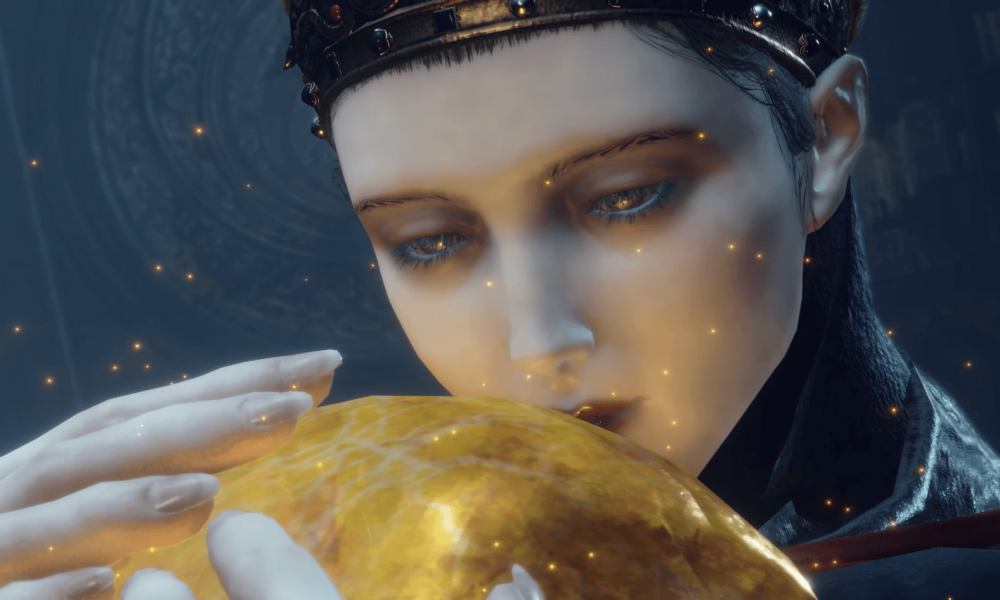In my very humble human opinion, one of the greatest flaws of American culture (and probably several of its root cultures) is the privatization of sorrow.
What do I mean by that?
I’d describe the privatization of sorrow as the process by which several cultures, eventually leading to the American Melting Pot, all relied on keeping emotions stoic and grief an intimate, painful thing. Now, is grief the concept painful? Of course. But the process of sharing grief and sadness doesn’t need to be this prickly, uncomfortable thing. Crying need not be a monster to avoid. Sorrow not an enemy to guard.
As a child, I lived in this privatization of sorrow. This discomfort. My young life was riddled with death, grief, and loss. My earliest memories are holding my great grandfather’s hand as he was bedridden and dying. Then shortly after his death, my mother had a stillbirth that haunted her for years after. Probably haunts her still. I moved away from all my loved ones. Lost my grandmother. Then my great grandmother. When I was 12, we lost our family dog. When I was 13, I lost most of my friends—growing up too fast or families deciding to grow somewhere else. 14, my great aunt, my grandmother’s twin, died suddenly. That one came with an infamous algebra test I cried all the way through because I went to class the next day before heading to the funeral. So on, so forth.
What I learned about myself is that I don’t feel uncomfortable with grief. That became normal. It was my fear of it coming and the fact so many people I loved preferred this painful loneliness about it. In a crowded church, we’d cry side by side without a word. Our tears stifled, quieted, sucked back in if we could.
I explained death to my brother when we lost our great grandmother. He was very scared of what happened to her happening to other people, because I’m sure a 10-year-old didn’t do a great job explaining to a 4-year old. But when my parents cowered at his sadness, I held it. I held him.
One thing that my spouse knows well about me is that one of my favorite playlists I’ve ever made is called “Wistful”. I learned the word in seventh grade, when doing a class exercise of rewriting the ending to a book. I rewrote the ending of An Acceptable Time, the final book in the A Wrinkle in Time series. I don’t remember what I wrote, or how the book actually ended. But I remembered wanting the ending to be more wistful than it was. That the real ending felt flat to me, and I wanted more hope and sadness, all in one.
In my Wistful playlist, all the songs on it embrace heartbreak and loss, but also talk about either the beautiful love that came before or the wondrous hope that comes after. I’d probably describe wistful as my favorite feeling, too.
It’s not that I like being sad or find joy in it. It’s that wistful makes me feel most… human.
I think that’s why I like writing so much about change, sorrow, grief, loss, transformation. It’s because its so wistful and complicated, but its something all humans go through. Pain bookends with beauty and love, love and beauty falls to pain. So the cycle repeats.
I think that’s the greatest tragedy of keeping grief so private and so uncomfortable. Treating it like an awkwardness that should be hidden or changed. Having had enough love to cause pain when you lose it—that’s beautiful. You loved something. It mattered enough to change you. If that makes you weep and you need to feel that for awhile, I wish we could just weep.
And if its something we all go through, by god it should not feel so lonely.
I’ll keep it vague because the family members involved do prefer privacy in struggling and grief. But yesterday we had a family tragedy and I remember so clearly how tense the entire day felt. We talked about the struggles ahead with such seriousness. The best family one could ever have in a crisis: practical and straight-shooting.
I appreciate that part. The being able to take care of people. But I also heard that wobble every once in awhile in their voice—these little wrinkles of fabric they would smooth away. And I sat there wanting to grab that fabric and let it crumple for awhile. Be held tight like a blanket in one’s arms, instead of this stoic tapestry proud and high on the wall.
Near the end of the night, I interrupted them. Awkwardly. But I walked into the room and imposed myself and held two of these family members. Told them it was a good day for hugging. And those wobbles… For a moment they bundled right up and shook and sorrowed. Only to be quickly smoothed out again, of course, but that moment was what mattered.
We all need to learn to allow our sorrow to be held. We deserve it.
A wrinkled blanket has as much purpose and beauty as a tapestry. In many cases, its far more.
One day, I hope the the tapestry of my life is covered in wrinkles and creases of a life well-felt.

Leave a comment